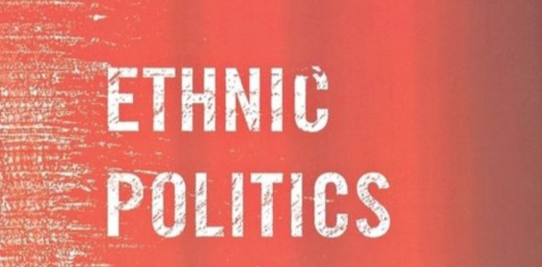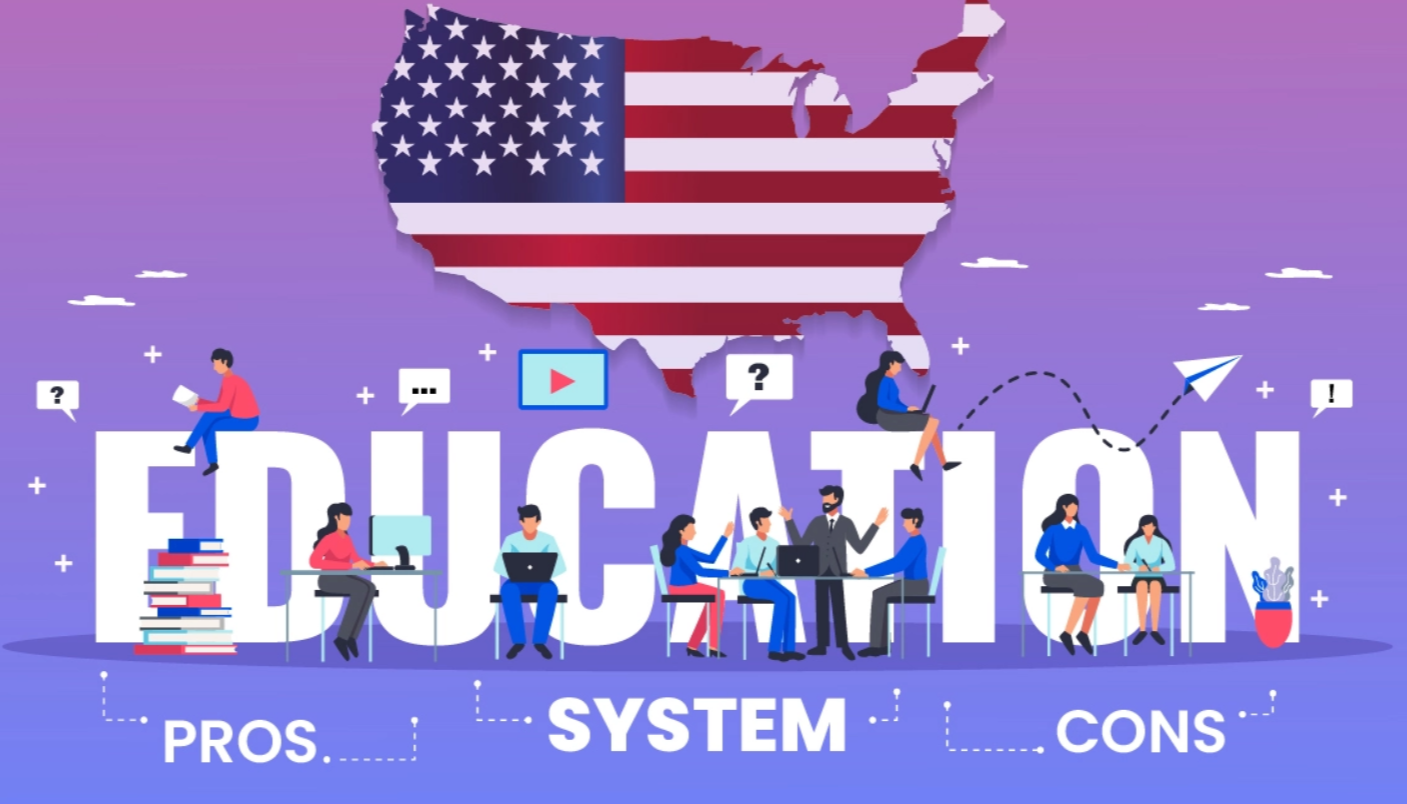(ThyBlackMan.com) The question those in the political sphere contemplate in America will likely be a topic of discussion long after the 2022 general election as communities pivot away from tiring rhetoric coming out of both of the major political parties in the nation. What role, if any, should algorithmic thinking have in politics and how, more pointedly, do ethnicity models shape the culture of voting and political campaigns?
The Electoral Integrity Project, a strategy-based think tank which seeks to produce policy-relevant scientific research that leads to a significant advancement of capabilities and knowledge about elections, scored the United States 64 out of a possible 100 when it comes to strength in electoral systems. While dictatorships like Syria, Ethiopia, Burundi, and Equatorial Guinea rank amongst the lowest by the agency, Denmark, Finland, Sweden and Norway rank at the top. The increasing political polarization common to the United States, landing almost squarely between these two extremes cited, are a direct result of Democrats and Republicans battling in state legislatures over the administrative issues that divide constituencies and the nation as a whole. However, election rules and electoral laws are not the sole sources of contention contributing to poorer global performance by the American election process. Data modeling and the use of ethnicity labeling may contribute to electoral injustices especially in certain states where election dispute resolution has resulted in chaos and legal action amongst community leaders.

While best practices for comparative voting experiences were settled legally in the U.S. with the Voting Rights Act of 1965, history reveals the state-by-state unwillingness to follow federal law regarding the voting rights of historically marginalized citizens, which remains a point of contention today. With the influx of technology in voting systems and political campaigning, electoral tensions expand afresh with the use of ethnic modeling to ‘streamline’ campaigns to their respective voter base. Algorithmic modeling has been used in the corporate sector for decades, as the private sector uses technology to promote outcomes, the notion of ethnic modeling in the political sphere draws criticism for the lack of analytical understanding which reflects the reasons why people vote the way they do. Furthermore, perceived errors in modeled ethnicity in voting databases compound the marginalization of certain voters who have been labeled in such a way as diminishes the complexity of voter concerns, desired outcomes, and privilege. Case in point can be made in the five states which drew national attention during the 2020 Presidential Election.
Voting data utilized modeled ethnicity to classify voters based on geographical residence and surname, such as in Georgia, and ethnicity indicators based on gender, socioeconomic status, and scant voting history in states like Arizona, Pennsylvania, and North Carolina. These indicators rank voters as weak or strong affiliations to one of the two major particular political parties, which in effect, directs voter engagement by volunteers and candidate campaigns. As such, voters are labeled not on issues, but rather on circumstantial data that may or may not be applicable in the current election cycle. Furthermore, use of modeled ethnicity indicators are static once applied, rather than true data analytics that take into consideration the current political climate which are based on fluid preferences that impact voter choice.
Even within the same household, incorrect or inappropriate ethnic modeling using current algorithms, divide voter units within families and communities which ultimately promote establishment candidates in major parties rather than the ability of a ‘for the people, by the people’ political representative seeking to assert true election reform.
Member nations of International IDEA’s democratic pluralism is contrived by the use of data models which can mislabel voter ethnicity by factors that model inaccurate race and gender solely on surname, voting district, and other factors found in the algorithmic thinking, rather than by issue or voter concern. These concepts pollute the voter dataset used by campaigns and political parties in targeted marketing and voter outreach, thereby contributing to voter suppression. When the term ‘voter suppression’ is used in this way, it refers to a systematic practice that contrives voter preference by influencing the voter choice. This is accomplished by limiting candidate engagement through manipulation of the data set candidates use. Rather than a blockade of the process itself, the voter experiences a restricted engagement which limits access to the fullness of the political process.
Similarly to the state of American politics prior to and immediately following the Voter Rights Act, rural whites and impoverished ethnic minorities were lumped together by algorithmic modeling without consideration for voter issues that impact poll preference. Chad Vickery, Vice President for the International Foundation for Electoral Systems, reminds researchers that constituents hold an “important responsibility to proactively and directly address the integrity of the election process” rather than simply leaving the responsibility for finding fraud and malpractice to election assistance programming (https://www.ifes.org/issues/electoral-fraud-and-malpractice). While programming has yielded tangible results in fighting the suppression of votes, ethinic modeling clouds an already complex issue which has a far reaching impact on marginalized communities and diminishing the power of their vote. Most voters will never recognize the sinister nature of ethnic modeling as they are more likely to believe political rhetoric that feeds into and supports the data manipulation it produces.
Voters go about their lives virtually unaware of the impact of algorithmic thinking which determines how candidates and campaigns engage with them on issues that shape their lives and livelihood. Shaping the life and livelihood of black Americans and other historically marginalized communities is at the height of some political debate in America today. However, the use of modeled ethnicity potentially adds to the numbers of people who experience barriers to their full participation in the election process. The perceived black and white division in American politics is the perfect example of how modeled ethnicity creates prohibitive practices that limit grassroots candidate engagement with voters in their district. Again, pointing to the five states where legal action to decertify the election results was filed, ethnic modeling was used by the two major political parties.
Could ethnic modeling explain the perceived “theft” of the 2020 election? Probably not to the satisfaction of those who brought lawsuits. However, one must remember that lawsuits have been filed repeatedly since 2016 to ensure voter suppression does not occur. These efforts are the tip of the iceberg regarding actual voter suppression that occurs digitally, behind the scenes.
Staff Writer; Lisa Noel Babbage
Official website; https://lisanoelbabbage.com/
Also follow her on Twitter; https://twitter.com/LisaNoelBabbage
















Leave a Reply